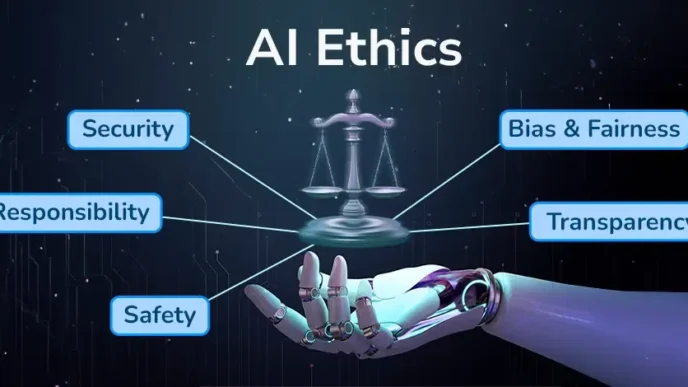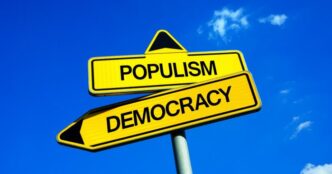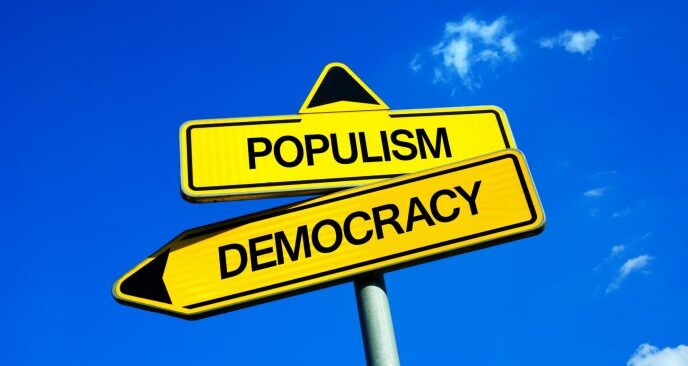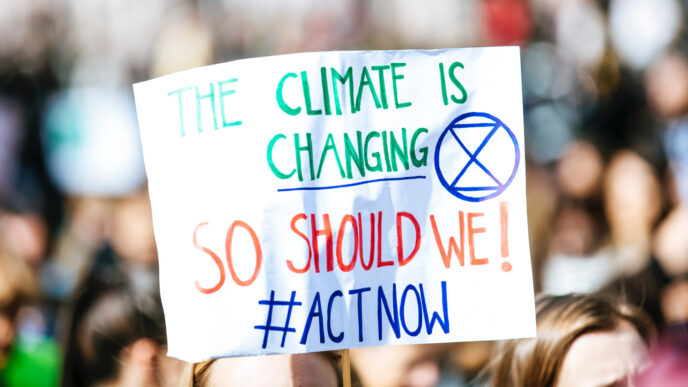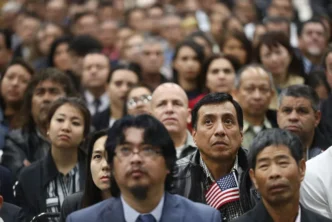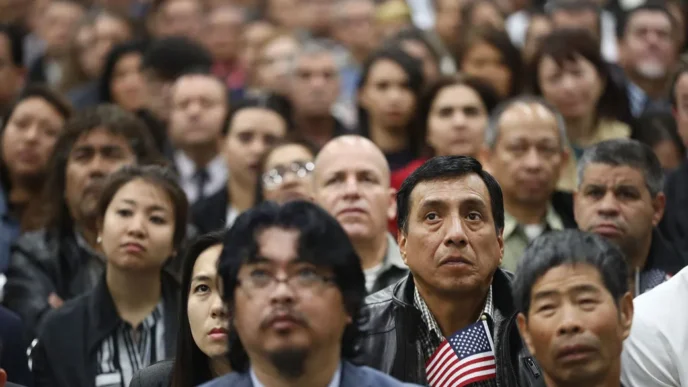The COVID-19 pandemic reshaped the global landscape, highlighting both strengths and weaknesses in public health systems and international cooperation. The crisis underscored the political nature of health responses, revealing disparities, geopolitical tensions, and opportunities for improvement in addressing global health challenges. Here are the key lessons learned from the pandemic.
The Role of Politics in Health Responses
- National Priorities: Countries prioritized their own populations, often leading to vaccine nationalism and unequal distribution of resources.
- Geopolitical Rivalries: Rivalries between nations influenced the global response, particularly in vaccine development and distribution.
- Leadership Matters: Effective leadership at national and international levels was critical in coordinating timely and effective responses.
Inequities in Health Access
- Vaccine Distribution: Wealthier nations secured the majority of vaccines early on, leaving low-income countries reliant on international aid.
- Health Infrastructure: Nations with underfunded healthcare systems struggled to manage the crisis, exacerbating mortality rates.
- Digital Divide: Limited access to technology hindered telemedicine and health education in many regions.
The Importance of Global Cooperation
- The Role of WHO: The World Health Organization played a central role in disseminating information and coordinating global responses, though it faced criticism for delays and political pressure.
- COVAX Initiative: Designed to ensure equitable vaccine distribution, COVAX highlighted both the potential and challenges of global collaboration.
- Lessons in Multilateralism: The pandemic reinforced the need for stronger multilateral institutions to manage global health crises effectively.
The Economic and Political Impact
- Economic Disruption: Lockdowns and travel restrictions led to significant economic downturns, with developing nations disproportionately affected.
- Health vs. Economy Debate: Governments faced difficult decisions in balancing public health measures with economic stability.
- Rise of Populism: Pandemic responses fueled populist rhetoric, with some leaders exploiting public fear and frustration.
The Power of Science and Innovation
- Rapid Vaccine Development: The unprecedented speed of vaccine creation demonstrated the power of global scientific collaboration.
- Importance of Data Sharing: Open access to research and data expedited understanding of the virus and its variants.
- Challenges in Public Trust: Misinformation and skepticism about science undermined public health efforts.
Lessons in Preparedness
- Need for Early Warning Systems: Delays in identifying and responding to the outbreak revealed gaps in global surveillance systems.
- Stockpiling Resources: Shortages of personal protective equipment (PPE) and ventilators highlighted the importance of preparedness.
- Strengthening Healthcare Systems: Investments in universal healthcare and emergency infrastructure are essential for future resilience.
The Role of Digital Tools
- Contact Tracing Apps: Digital tools played a significant role in tracking infections, though privacy concerns remained a challenge.
- Telemedicine: The pandemic accelerated the adoption of telehealth services, offering a model for improving access in underserved areas.
- Misinformation Campaigns: Social media platforms struggled to contain the spread of false information, impacting public trust.
Environmental and Social Lessons
- Impact on the Environment: Reduced human activity during lockdowns led to temporary environmental benefits, sparking discussions on sustainable practices.
- Mental Health Crisis: The pandemic highlighted the importance of integrating mental health into public health responses.
- Social Inequalities: Marginalized communities were disproportionately affected, emphasizing the need for inclusive policies.
Building a Better Future
- Stronger Global Institutions: Reforming and strengthening bodies like the WHO is essential for coordinated global health responses.
- Investing in Health Equity: Ensuring access to healthcare, vaccines, and resources for all populations must be a global priority.
- Promoting Science Literacy: Combatting misinformation requires widespread education about science and public health.
Topics: COVID-19 Pandemic Digital Health Tools Global Cooperation Global Health Politics Health Inequities Pandemic Preparedness Public Health Vaccine Distribution Vaccine Nationalism WHO




